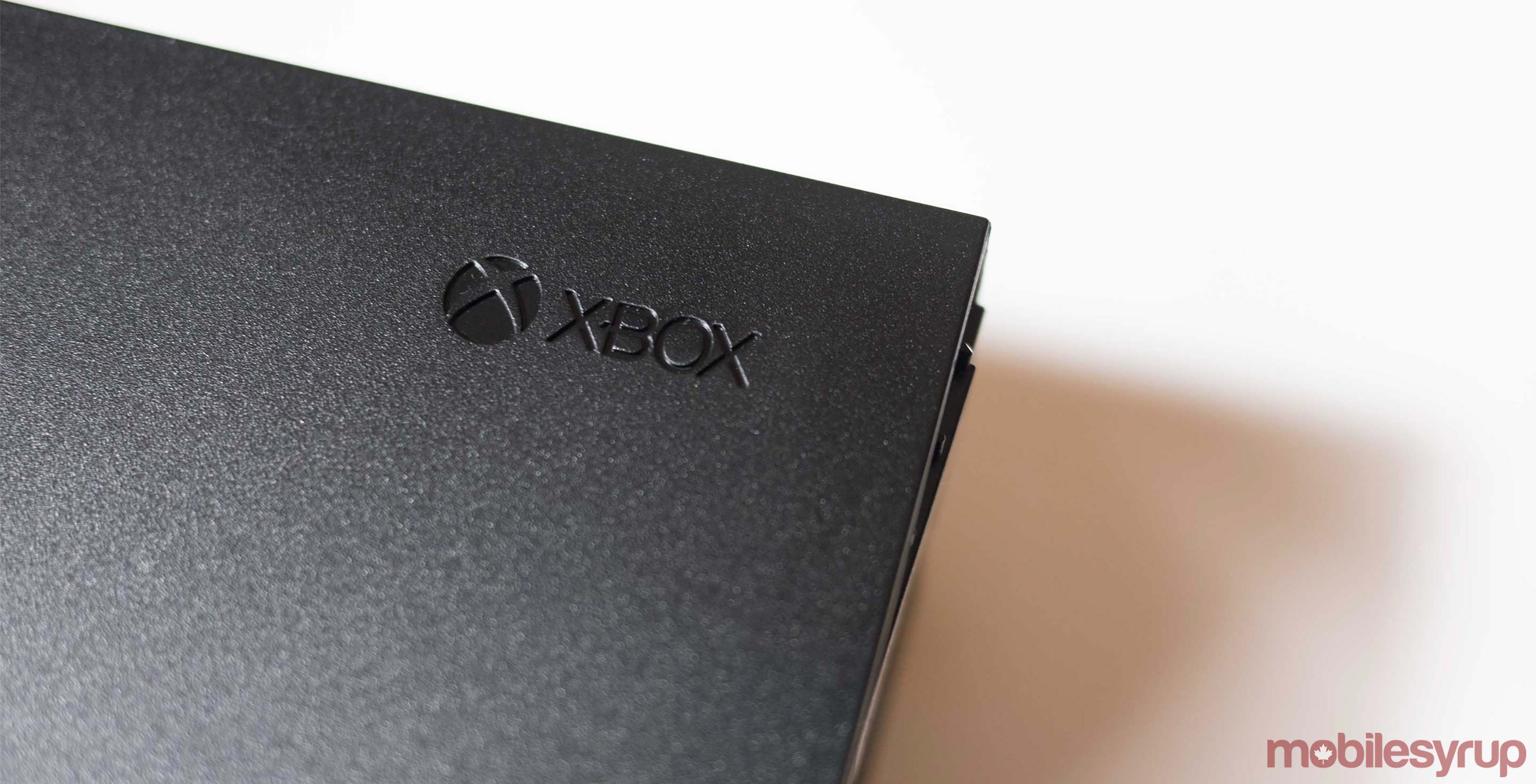
Microsoft plans to release two new Xbox systems to start the ninth-generation console era, according to a new report from Paul Thurrott.
The company is reportedly developing a low-cost streaming device, in addition to a traditional console that features all the hardware one needs to play games locally. Microsoft has not finalized the specs of the latter console, as it’s still early in development.
According to Thurrott, Microsoft will launch both consoles alongside a new cloud streaming service codenamed “Scarlett Cloud.” He adds that Microsoft believes it has found a way to address the latency and input issues involved with streaming games over the internet. Part of the solution involves building a device with enough local computing power to handle tasks like “controller input, image processing, and importantly, collision detection.” Using its local hardware, the console will host a “slice” or “splice” of games, which the Microsoft’s cloud infrastructure will then stitch together, allowing the user to play their games.
As result, the new cloud-based console will reportedly cost more than current in-market streaming devices like Valve’s Steam Link, but less than a traditional next-generation at console. For reference, the Xbox One cost $499 CAD at launch.
Thurrott adds that there won’t be a distinction between Microsoft’s two new consoles. Whether someone buys the cloud-based Xbox or the one with local hardware, they’ll be able to play all the games the company and its third-party partners release.
On the surface, it’s a smart approach by Microsoft; a low-cost model will help the company expand the audience for its games, while the unit with dedicated hardware will keep console traditionalists happy.
The team at Thurrott previously reported that Microsoft currently plans to launch the new Xbox sometime in 2020.
Source: Paul Thurrott


